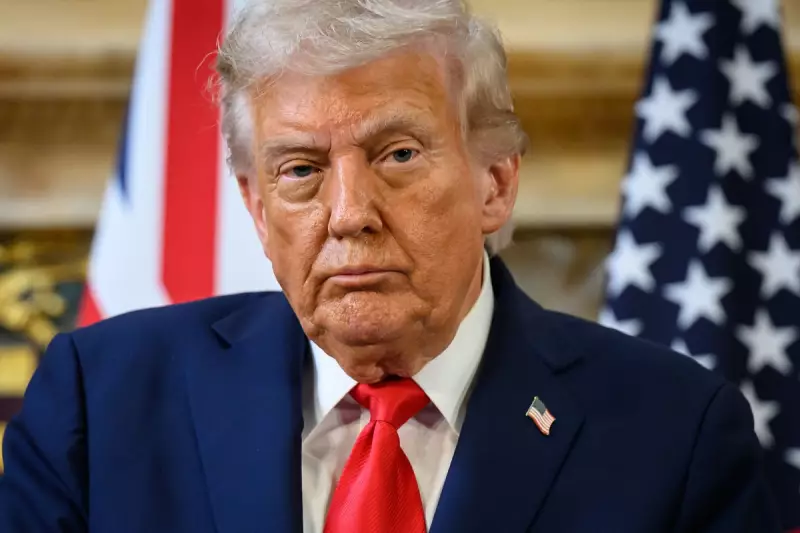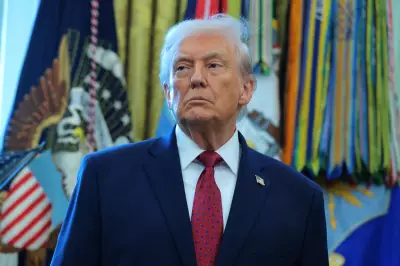
Senior Democratic officials are reportedly preparing a controversial strategy to pin responsibility for potential election disappointments on former President Donald Trump, according to sources within the party.
Internal Tensions Surface
As election anxiety grows within Democratic ranks, party insiders reveal that a blame-shifting narrative is being developed behind closed doors. This approach would see Trump positioned as the central figure responsible for any Democratic underperformance in upcoming contests.
The emerging strategy highlights deepening concerns among party leadership about their ability to counter Trump's enduring influence on the American political landscape, despite his absence from the White House.
Strategic Concerns Mount
Multiple sources within Democratic circles indicate that preparations are underway to frame election setbacks as a consequence of Trump's continued dominance over Republican politics and the media landscape.
This preemptive blame assignment reflects growing apprehension about the party's messaging effectiveness and its capacity to counter Republican narratives heading into critical electoral battles.
Party Division Emerges
While some strategists advocate for this approach, others within the party express concern that focusing on Trump rather than promoting positive Democratic policies could backfire. Critics argue that this strategy might appear defensive and reactive rather than projecting confidence in the party's agenda.
The internal debate underscores broader questions about Democratic positioning in a political environment still heavily influenced by Trump's shadow.
Historical Precedent
This isn't the first time political parties have developed contingency plans for electoral disappointment. However, the explicit focus on a single opposing figure as the primary scapegoat represents a notable departure from traditional post-election analysis.
Political analysts suggest this approach indicates both the extraordinary nature of contemporary American politics and the unique challenges Trump presents to Democratic electoral strategy.





